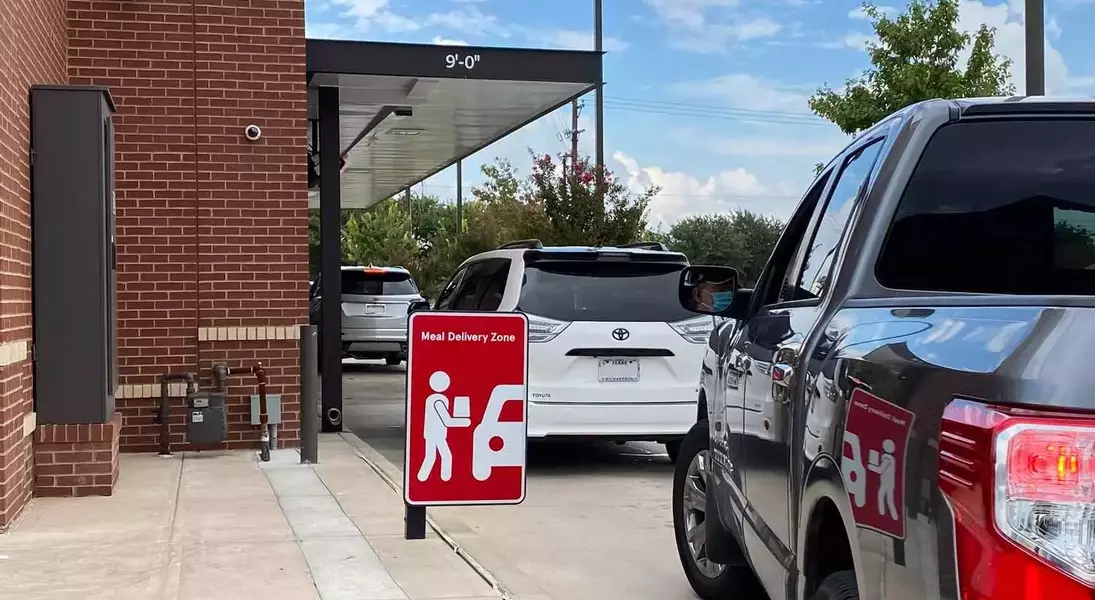
Discover What Makes Chick-fil-A a Cut Above the Competition
A Legacy of Loyalty and Service Excellence
The secret behind Chick-fil-A’s enduring success lies not only in its menu but in its culture. Since its founding in 1967, the brand has embedded itself in communities across the U.S., offering more than just meals—it delivers moments of genuine human connection. The iconic “my pleasure” greeting is more than a tagline; it reflects a philosophy deeply rooted in Southern charm and modern-day customer care. Every interaction, whether at the counter, through the mobile app, or via delivery, is designed to feel personal and purposeful.
This dedication to service excellence has paid off. In the 2025 ACSI report, Chick-fil-A scored an impressive 83 out of 100, maintaining its top position for the eleventh consecutive year. Out of 16,381 randomly surveyed customers, a clear consensus emerged: when it comes to quick-service dining, no other brand matches Chick-fil-A’s blend of efficiency, quality, and warmth. From clean dining areas to fresh ingredients and attentive staff, every touchpoint contributes to an experience that feels curated rather than transactional.
Breaking Down the Metrics That Matter
Customer satisfaction in the fast-food industry hinges on more than just taste. The ACSI evaluates a comprehensive set of criteria, including accuracy of orders, digital engagement, staff responsiveness, food freshness, preparation time, menu diversity, and overall cleanliness. These benchmarks reflect the evolving expectations of today’s consumers, who demand both convenience and consistency across all channels.
Chick-fil-A excels in each category, particularly in mobile experience and table service—an unusual feature among fast-food chains. Unlike many competitors, Chick-fil-A employees deliver food directly to diners, enhancing the sense of hospitality. Their mobile app, praised for its intuitive design and real-time updates, allows users to customize orders, earn rewards, and even schedule pickup times to minimize wait periods. When combined with rigorous training programs for staff, these elements create a seamless, high-touch dining journey.
Category Leaders Across the Fast-Food Landscape
While Chick-fil-A dominates the chicken segment, other brands are carving their own niches in the broader QSR market. Culver’s holds strong in burgers, Starbucks remains the go-to for coffee and pastries, and Papa Johns and Pizza Hut share leadership in the pizza category. Even in full-service restaurants, where Texas Roadhouse and LongHorn Steakhouse lead the pack, the emphasis on customer-centric values remains consistent.
What sets Chick-fil-A apart, however, is its ability to blend operational efficiency with emotional resonance. While competitors focus on expansion or menu innovation, Chick-fil-A invests heavily in employee development and community engagement. Store operators are known for hosting local events, supporting school initiatives, and fostering neighborhood relationships. This grassroots approach builds trust and loyalty that transcends typical brand-consumer dynamics.
Behind the Scenes: How Chick-fil-A Cultivates Exceptional Experiences
At the core of Chick-fil-A’s success is its franchise model, which emphasizes mentorship and leadership. Prospective operators undergo extensive training—not just in food safety or cash handling, but in interpersonal communication and emotional intelligence. Employees are encouraged to greet guests by name, remember regulars’ preferences, and engage in meaningful conversations. It’s this attention to detail that transforms a routine meal into a memorable moment.
Moreover, Chick-fil-A’s commitment to quality control ensures that every sandwich served meets exacting standards. Ingredients are sourced locally whenever possible, and recipes are crafted to highlight natural flavors without excessive processing. The result is a product that tastes better and feels more intentional—a key differentiator in an era where health-conscious consumers scrutinize every ingredient label.
Looking Ahead: Sustaining Excellence in a Competitive Industry
With rising competition from emerging fast-casual concepts and digital-first brands, maintaining a leadership position is no small feat. Yet Chick-fil-A continues to innovate while staying true to its roots. Recent initiatives include expanded vegetarian options, sustainability efforts like compostable packaging, and enhanced digital ordering systems tailored for hybrid work lifestyles.
Despite these changes, the company’s foundational principles remain unchanged: treat every guest like family, uphold the highest standards of quality, and never lose sight of the human element behind every interaction. As the fast-food landscape evolves, Chick-fil-A’s formula for success offers a blueprint for how businesses can thrive—not just financially, but reputationally—by putting people first.
